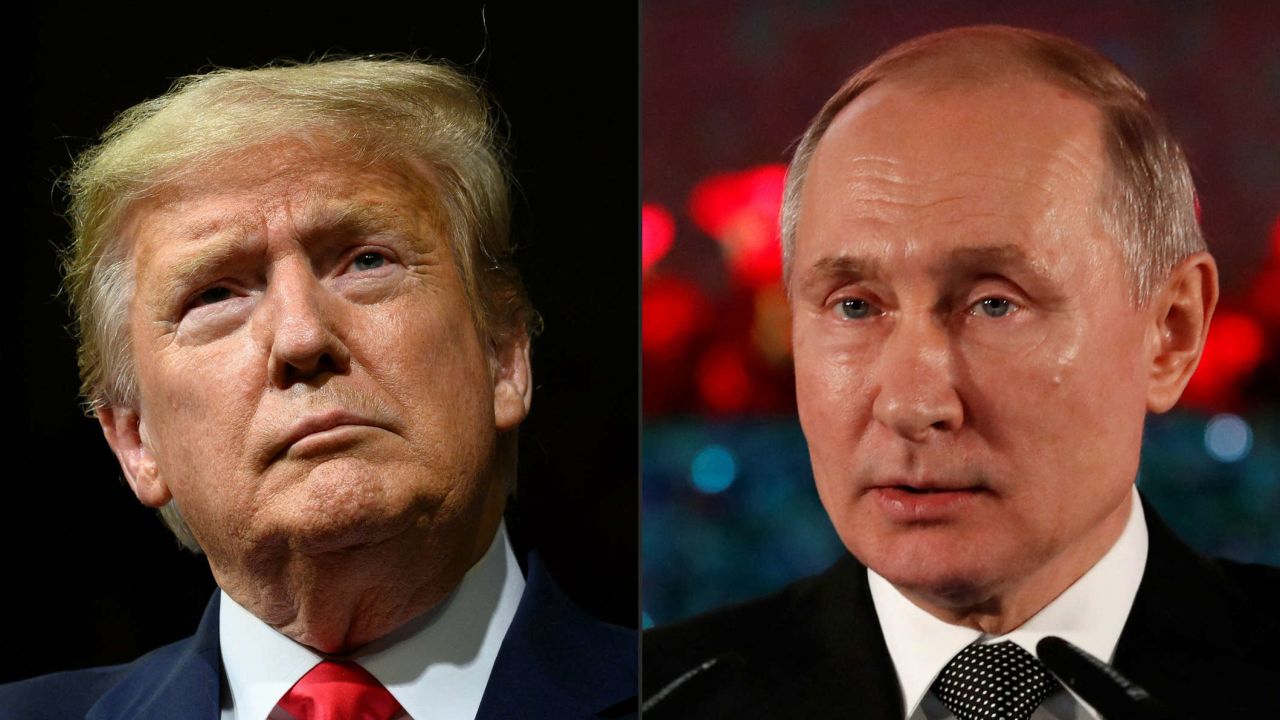() – A far-right politician critical of NATO who has praised Russia will face a center-right opposition leader in a second round of Romania’s presidential election that could undermine the European country’s pro-Western stance after the surprise result of the first round.
With 99.9% of the minutes counted after Sunday’s vote, the far-right independent politician Calin Georgescu, 62, obtained 22.95% of the votes and came in first place. Center-right candidate Elena Lasconi, leader of the opposition Save Romania Union, came second with 19.2%.
The result was a big surprise, since pre-election polls gave Social Democratic Prime Minister Marcel Ciolacu as the favorite. The candidate of the center-right liberals, Ciolacu’s coalition partners, also failed to advance to the second round, which will be held on December 8.
The campaign focused mainly on the high cost of living in Romania, which is a member of the European Union (EU) and the North Atlantic Treaty Alliance (NATO) and has the highest proportion of people at risk of poverty in the EU.
“I have voted for the aggrieved, the humiliated, those who feel they do not matter in this world,” Georgescu said Sunday. “Today, the vote is a prayer for the nation.”
Before the vote, Georgescu had polled in the single digits and ran a campaign fueled by TikTok.
“Imagine, we are in a position where we could have a far-right president,” said political scientist Cristian Pirvulescu. “That is where the establishment parties have taken us, first vehemently denying the existence of a hybrid war and then falling into it. His chances of winning are high.”
Romania’s euro sovereign bonds fell almost 2 cents this Monday after the first round of voting.
Asked about the outcome of the elections, Kremlin spokesman Dmitry Peskov declared: “I wouldn’t make any predictions yet. “We cannot say that we know this candidate’s worldview well when it comes to relations with our country.”
“For now, we understand very clearly the current leaders of Romania, which is not a friendly country of ours. Of course, we will observe how the electoral processes develop and who wins.”

Romania, a southeastern European country of 19 million that was under communist rule for four decades until 1989, holds parliamentary elections on Dec. 1, in which political analysts say far-right parties are likely to receive an electoral boost thanks to Georgescu’s success.
Georgescu is a former member of the far-right opposition Alliance for the Unity of Romanians, who has praised Ion Antonescu, Romania’s de facto leader during World War II, sentenced to death for his role in the Romanian Holocaust. , and Corneliu Zelea Codreanu, leader of a violent pre-war anti-Semitic movement.
Georgescu has described NATO’s anti-ballistic missile shield in Romania as a “shame of diplomacy” and has questioned whether the Western defense alliance will protect any of its members if they are attacked by Russia.
He claimed that Romania’s best chance lay in “Russian wisdom,” but he has refused to say explicitly whether he supports Russia.

Russia will continue using new ballistic missiles. Where is the war with Ukraine going?
Romania shares a 650km border with Ukraine and, since Russia attacked Kyiv in 2022, has allowed millions of tonnes of grain to be exported through its Black Sea port of Constanta and provided military aid, including donation of a Patriot air defense battery.
“I voted for him, he came (out of nowhere), we are happy to have a president, it is something great,” Elena Bardea said as she swept leaves outside her yard in Izvorani, a town near the capital, Bucharest, since where Georgescu led his campaign.
Also in Izvorani, Alexandru Stelu Ghita wondered if the country could be repaired.
“Everything was sold, what can be repaired, agriculture is doing poorly, the industry is doing poorly,” he said.
Pirvulescu said retaining control of Parliament would be important for pro-Western forces to serve as a counterweight to Georgescu if he becomes president.
The president, whose term is limited to two years, has a semi-executive role that includes leading the Romanian armed forces and chairing the Supreme Defense Council, which decides on military aid.
The president also represents Romania at EU and NATO summits and appoints the prime minister, judges, prosecutors and heads of the secret services. The current head of state, Klaus Iohannis, came to power in 2014 with a promise to strengthen the fight against endemic corruption.






![[Img #74675]](https://thelatestnews.world/wp-content/uploads/2024/12/They-discover-a-new-class-of-X-ray-sources-in-the-150x150.jpg)







Add Comment